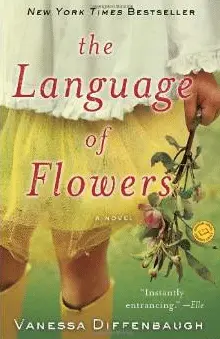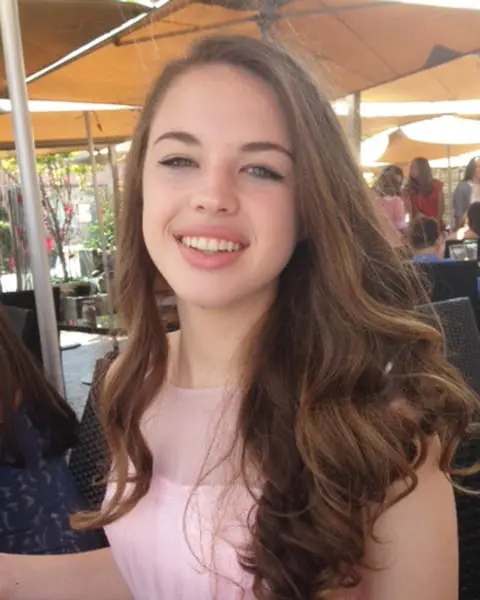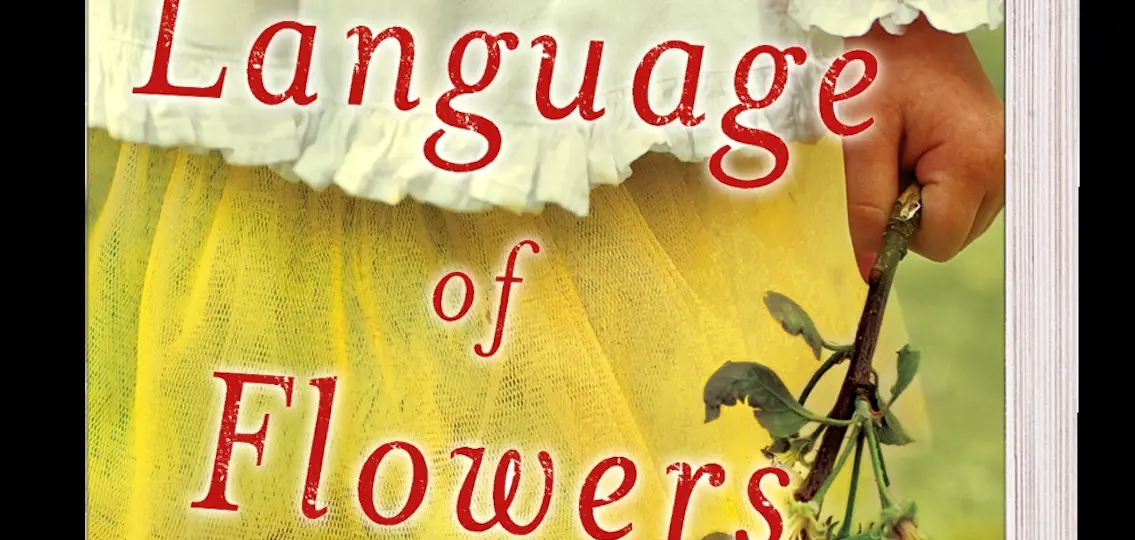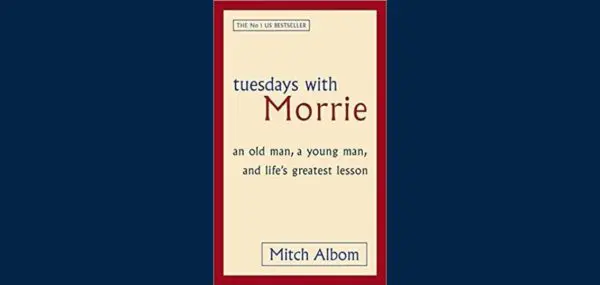Sometimes, when all seems hopeless, something, or someone, shows us what it means to overcome. In The Language of Flowers, a story of hardship and forgiveness, Victoria Jones is one of those people.
PARENT REVIEW | by William Lucas Walker
The most romantic bit of dialogue I’ve run across lately?
“When I saw you jump the fence, I turned on the oven.”
This unsentimental, matter-of-fact declaration of love near the end of Vanessa Diffenbaugh’s gorgeous first novel emerges with the force of a jonquil bursting through the earth, emerging with unexpected glory from a forgotten bulb planted in the dead of winter.
The utterance will change everything for Victoria Jones, an isolated young woman with issues whose story begins as she is ejected from a northern California foster system on her 18th birthday and thrust into a world she has no clue how to navigate.
Victoria is not your typical literary heroine. She’s not beautiful. Not charming. Not witty. Barely verbal. Abandoned by her mother at birth, Victoria spends years pin-balling among strangers in foster and group homes. The experience has left her feral, angry, and wary. Trusting no one and nothing, including herself.
Her willed isolation renders her unable to relate normally to other human beings. She compensates by relying on the only form of expression she believes in, one outmoded since the Victorian era. She uses the intricately coded “language of flowers.”
This mastery of an arcane language is all that remains of a broken childhood relationship with the only foster mother who fully understood or cared for her. The mysteries and secrets of their complex, ill-fated bond are revealed in alternating chapters that counterpoint and gradually illuminate Victoria’s challenges as she attempts to maneuver life outside “the system.”
This is how we discover Victoria in the novel’s early pages—hiding homeless and hungry in a public park. She finds a way to parlay her knowledge of flowers and their meaning into the only job for which she’s qualified—assisting at a florist’s.
These two themes—hunger and hiding—will recur repeatedly, in different ways, but always expressing the two most salient facts of Victoria’s emotional life.
Once she is employed and able to pay rent, Victoria chooses the living space she feels she deserves: a closet. Windowless, airless, and damp, this dark hole in the center of San Francisco symbolizes the void between girlhood and womanhood in which Victoria will bury herself like a bulb.
The closet will become, despite her best efforts, a place of gestation. In its loamy darkness, Victoria will ultimately learn to forgive herself, nurture life, and discover the terror and wonder of blooming in the light of day.

TEEN REVIEW | by Elizabeth Walker-Ziegler
I have never read a book so inspiring in all of my 14 years. Vanessa Diffenbaugh has written a book describing the life of Victoria, an orphan who goes from being in and out of foster care, to becoming homeless, hired at a flower shop, to running her own business built on a foundation of her past.

Victoria has one passion—flowers. While working at Bloom, memories of her childhood begin flooding back. Every other chapter in the novel becomes a flashback. Victoria is profoundly challenged with trust, making her question whether indulging in a job at Bloom will benefit her. After the first few weeks, Victoria learns the ways of flowers, deepening her connection with their language, and Renata’s opinion toward her.
Later on, Victoria meets Grant, the nephew of her foster parent, Elizabeth. At the moment he is introduced, she feels a connection similar to the one she feels with flowers. But after a romantic encounter, and Victoria finds herself in a life-changing experience, she decides she must relinquish current relationships with her loved ones.
The flashbacks intertwined with the present gave me a sense of the complexity of obstacles Victoria faces. An example: in flashback, Victoria is forced to leave her foster parent, while in the present she is forced to leave a loved one. This timeline shows how Victoria has changed and wants to push past these obstacles, even as she clings to the past.
After a year, feeling guilt over her absence, Victoria returns to Grant. She mends the other broken relationships in her life.
From this book, I learned that the things that can carry you farthest are memories. The content in this story is breathtaking and life-changing. Victoria learned to heal and forgive and cherish her life “imperfectly, and without roots.”





